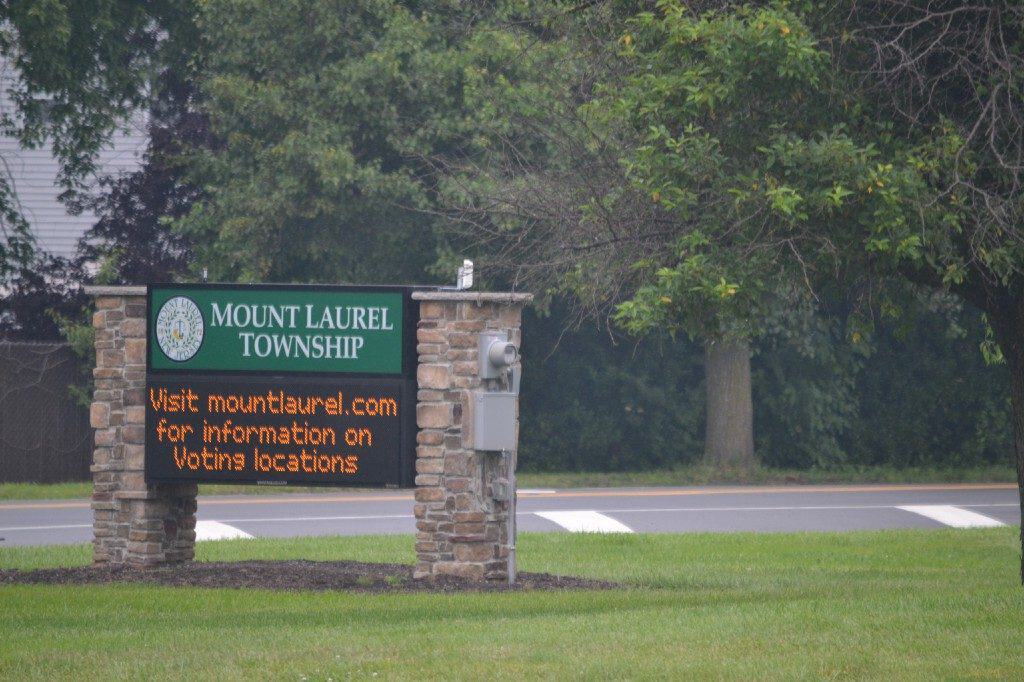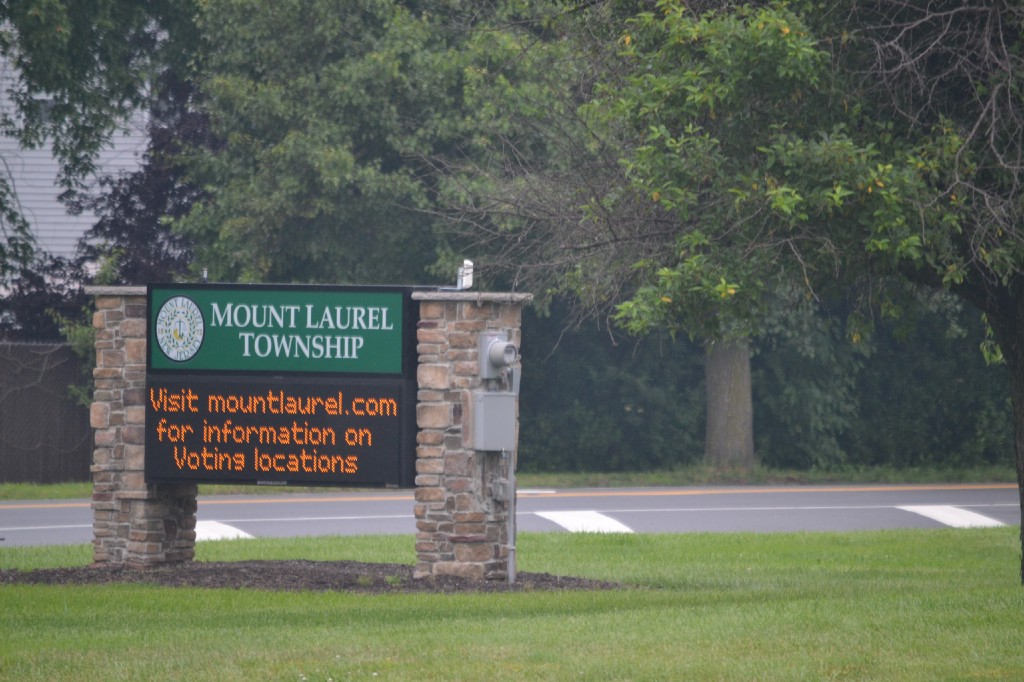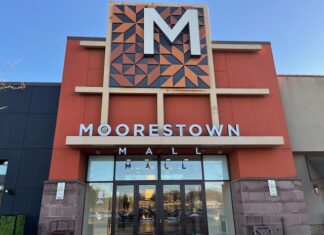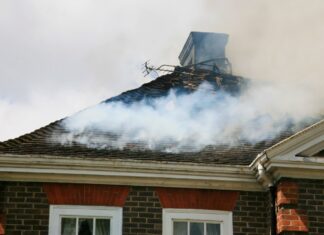
Currently service stations seeking digital signs for fuel prices or commercial businesses seeking solar panels need a zoning variance.

As Mayor Dennis Riley describes it, the township is moving toward the 21st century in regard to some of its zoning ordinances and the technology allowed for use by commercial businesses.
Riley’s comments came as Mt. Laurel township planner Joseph Petrongolo spoke at this week’s council meeting to discuss changes requested by the zoning board to allow motor vehicle service stations to use digital signs for fuel pricing and allow for commercial businesses to install solar panels on their roofs.
Under current ordinances, any business interested in the digital signs or solar panels must gain a variance from the zoning board, many of which Petrongolo said have been granted in recent years.
“Once you see a pattern of approvals where there’s justification for granting, that’s when you look at changing the ordinance,” Petrongolo said.
Petrongolo said the proposed changes would only affect motor vehicle service stations and only in regard to their pricing of fuel.
The size or location restrictions of signs would not change, nor would signs be allowed to flash or have changing text every few seconds for advertisements. The changes would strictly be limited to promoting fuel prices.
“This is an issue that has come up before the board in the past, so it was felt to be appropriate to revise,” Petrongolo said. “The advantage obviously is we know how prices are changing drastically going up or down, and this allows them to be changed safely.”
Regarding the solar panel issue, Petrongolo said the changes would only allow commercial businesses to install solar panels on the roofs of their facilities, but not on the grounds, which is similar to the rules governing residential properties.
The installations would be required to not be visible from the ground to prevent any sun glare issues, architectural renderings must be provided to the township, electrical utility lines would be buried and the panels would meet applicable fire, safety and other codes.
The installation’s structural design must also be signed and sealed by a professional engineer to ensure the roofs where the panels are placed can support the structures.
Businesses would also be required to use the installations to provide power for the principal use of the property where they are located, meaning power generated from the panels could not be sold to another entity.
As with the service stations, Petrongolo said many commercial businesses had requested variances for solar panels in recent years, but the panels required a use variance, which Petrongolo said was more difficult to obtain than a standard bulk variance.
“There’s certain positive and negative criteria you have to meet under the land use law, and it’s very expensive for businesses to go through that review process … and those variances again were continually being approved,” Petrongolo said.
With approval from the members of council at the meeting, Petrongolo and other officials said they would work to have the changes to the ordinances ready for council for first reading at a future meeting.









